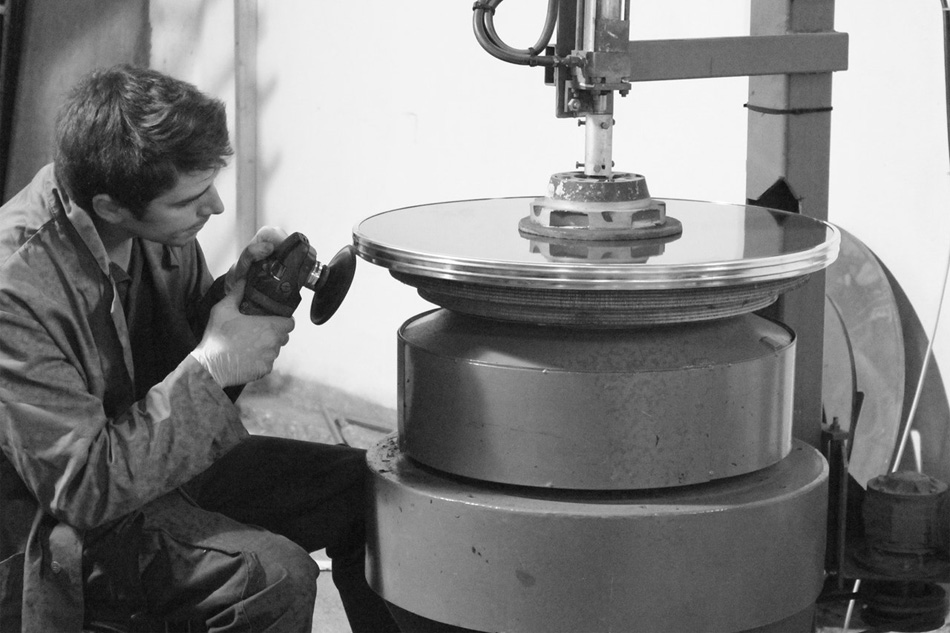It can take years, even decades, to find out what it is you want to do for a living. With so many different career paths, it’s no wonder that people are taking more time to plan their futures. Careers in manufacturing are competitive, with more competition for jobs than ever before. If you’re serious about working in the industry, you’re going to need that something ‘extra’ to help you get there.
If you’ve thought that work experience is just something that you do in school, think again – it could actually help you land your dream manufacturing job. Want to know more? Take a look at some great ways to find work experience that will help benefit your future career.
Ask around
Work experience opportunities are unlikely to land at your feet. If you want to do a placement, you’re going to need to work on it to get there. When school/college pupils are advised on finding working experience, they are told to ask around family and others for details of placements – something which is great advice to adopt at any time. Speak to people you know who may know someone working in manufacturing – you might be surprised at what opportunities present themselves.
Be proactive
There are more ways than ever to search for work experience opportunities, something that you can use to your advantage if you’re willing to put some effort in. Search online for local manufacturing companies and approach them directly. Send them a CV and a covering letter explaining why you’d make a good candidate for a work experience placement. Follow up with a phone call and if there isn’t anything available at the moment, ask them to keep your details on file. Remember to check websites for existing work placement, internship or apprenticeship opportunities that could open doors.
Make your application stand out
You’re facing a lot of competition from others with your education and skills to compete for work placements which could help land your first job in the industry. To stand a chance, your CV is going to need to stand out. Find ways to apply the things you’ve already learned to the companies you’re contacting, even if it means tailoring your CV to each application you make. For example, if you’re applying to companies who use Mills CNC milling tools – use your educational experience of working with CNC spare parts and equipment to show that you have useful industry experience. Do your research into the companies you’re applying for; they’ll be impressed that you took the time to find out more about them.
Finding your ideal manufacturing role can take some time. Work experience and internships help you to get your foot in the door and make some valuable contacts that could help lead to your first paid role. Learn from modern career advice and help yourself to land those opportunities. Whatever your future ambitions, take charge of your career and do what you can to get the experience that will help you land your dream job.

